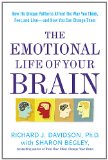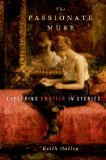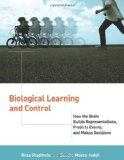new book – ‘The Emotional Life of Your Brain’ by Richard J. Davidson and Sharon Begley
March 1, 2012
The Emotional Life of Your Brain: How Its Unique Patterns Affect the Way You Think, Feel, and Live–and How You Can Change Them by Richard J. Davidson and Sharon Begley (Hudson Street Press, 2012)
Book description from the publisher:
This longawaited book by a pioneer in brain research offers a new model of our emotions- their origins, their power, and their malleability.
For more than thirty years, Richard Davidson has been at the forefront of brain research. Now he gives us an entirely new model for understanding our emotions, as well as practical strategies we can use to change them.
Davidson has discovered that personality is composed of six basic emotional “styles,” including resilience, self-awareness, and attention. Our emotional fingerprint results from where on the continuum of each style we fall. He explains the brain chemistry that underlies each style in order to give us a new model of the emotional brain, one that will even go so far as to affect the way we treat conditions like autism and depression. And, finally, he provides strategies we can use to change our own brains and emotions-if that is what we want to do.
Written with bestselling author Sharon Begley, this original and exciting book gives us a new and useful way to look at ourselves, develop a sense of well-being, and live more meaningful lives.







